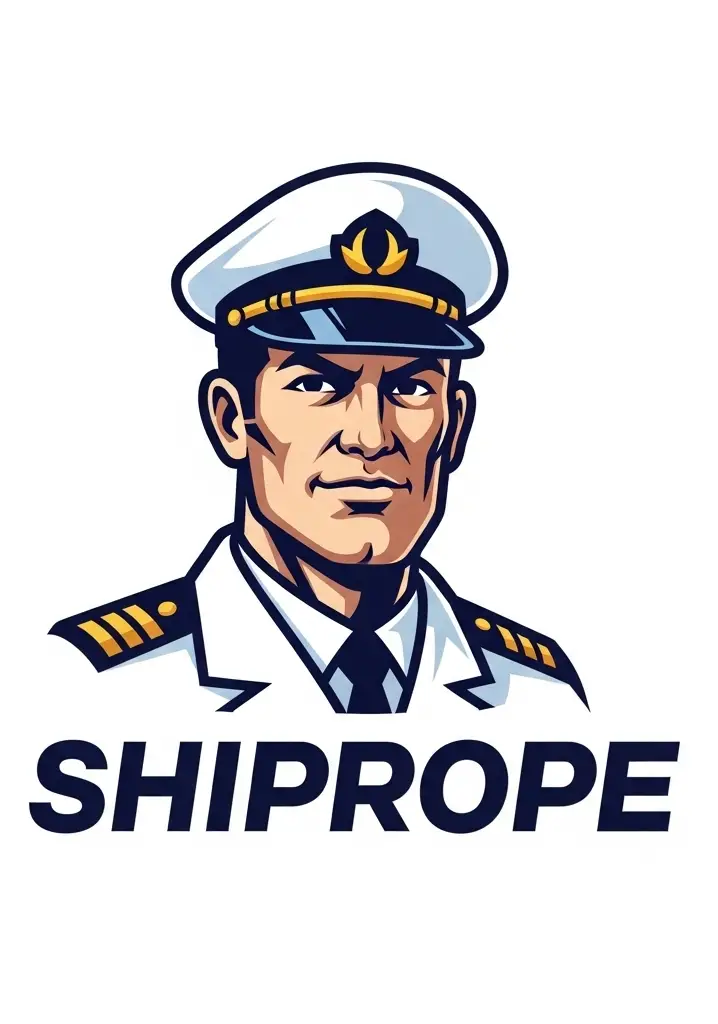Is Following PMS Daily Difficult for Elderly Ship Crew?
The maritime industry is witnessing a significant shift in its workforce demographics, with an increasing number of experienced crew members continuing their careers well into their later years. While this wealth of experience is invaluable, it also highlights unique challenges—such as adhering to the daily requirements of a Planned Maintenance System (PMS).
Planned Maintenance Systems are the backbone of safe and efficient ship operations. However, for elderly crew members, integrating the requirements of PMS into day-to-day duties can sometimes feel overwhelming. Between physical limitations, cognitive barriers, and adjusting to new technology, what can the industry do to help? This blog explores why PMS compliance is critical, the challenges faced by older ship crews, and actionable steps to make PMS more accessible.
Why is PMS Crucial for Ship Safety and Efficiency?
The Planned Maintenance System (PMS) is a structured schedule for the routine upkeep and repair of ship equipment. It is central to avoiding breakdowns, maintaining compliance with maritime regulations, and ensuring the safety of everyone on board.
Key Reasons for Adopting PMS:
- Safety: Routine checks ensure that equipment functions properly, reducing the risk of accidents.
- Regulation Compliance: The International Maritime Organization (IMO) mandates strict standards for maintenance, pushing shipowners to adopt PMS as a core practice.
- Operational Efficiency: Properly maintained systems result in fewer breakdowns and lower repair costs, which keeps the ship sailing smoothly.
For ships to comply with global maritime laws and operate efficiently, every crew member—regardless of age—must actively participate in the PMS process.
Common Barriers for Elderly Ship Crew in Adhering to PMS
1. Physical Limitations
Elderly crew members often deal with physical changes that make certain tasks more challenging. Activities such as climbing ladders to inspect machinery or conducting routine checks on heavy equipment may no longer be as manageable as they once were.
2. Cognitive Challenges
The repetitive nature of maintenance tasks and the need to remember detailed inspection steps can be cognitively demanding. Additionally, older crew members may take more time to process complex instruction manuals or multiple checklists.
3. Lack of Technological Familiarity
Modern PMS often evolves with digital tools such as mobile applications, automated reminders, and centralized dashboards. For crew members who are less comfortable with technology, learning these new systems may feel intimidating.
4. High Workload and Fatigue
The demands of ship life often mean long hours and strenuous work. For elderly crew, adding PMS tasks to an already packed schedule can contribute to exhaustion, impacting performance and compliance.
Strategies to Overcome PMS Challenges for Elderly Crew
Adapting PMS for older crew members doesn’t just mean meeting regulations—it’s about caring for their well-being and ensuring ships benefit from their exceptional expertise. Here are strategies to help overcome common barriers.
1. Simplified PMS Tools
Replacing unnecessarily complex systems with simplified technology can make a huge difference. Intuitive and user-friendly interfaces that present tasks visually—such as color-coded charts or icons—can streamline the process. Simple mobile apps or pre-programmed checklists can also reduce confusion.
2. Invest in Regular Training Programs
Providing regular, hands-on training for all crew ensures everyone is up to speed, regardless of technological literacy or age. Workshops or short training videos can keep the crew updated on changes to PMS tools or maritime regulations.
3. Encourage Team Collaboration
Creating a team-based approach allows work to be distributed fairly. Team members can support elderly crew by doubling up on more physically taxing tasks or jointly reviewing PMS checklists. This not only ensures the maintenance schedule is followed effectively but also fosters camaraderie and mutual respect.
4. Implement Assistive Technology
Consider integrating assistive technologies such as voice-activated devices, AI-powered diagnostics, or equipment sensors that automate simpler PMS tasks. These innovations can minimize the manual effort required while still allowing crew members to oversee ship maintenance processes.
5. Focus on Job Rotation
Offering a rotating schedule can reduce monotony and physical strain. Alternating roles within the team ensures that no crew member—especially elderly ones—feels overburdened or unable to contribute.
6. Promote Wellness Programs
Encourage initiatives that emphasize physical health, such as fitness programs tailored for the ship’s environment. Targeted exercises can improve endurance and mobility, enabling older crew members to carry out their PMS responsibilities more comfortably.
Success Stories in Inclusive PMS Practices
Case Study 1: Modernized Tools on MV Horizon
When MV Horizon noticed their senior crew members struggling with traditional logbooks, they introduced tablet-based PMS software with large fonts and audio prompts. Tasks became easier to access and understand, reducing errors and elevating team morale.
Case Study 2: Peer-to-Peer Training on SS Navigator
To address gaps in technological proficiency, SS Navigator started a buddy system. Younger, tech-savvy team members were paired with older crew to guide them through new PMS tools. Within weeks, the learning curve flattened, and crew collaboration hit an all-time high.
Case Study 3: Fitness-Friendly Maintenance Plans on MT Pioneer
MT Pioneer revamped its task assignments after a crew satisfaction survey. By adopting fitness-friendly task rotations and ergonomic tools, they ensured elderly staff faced fewer physical challenges during inspections. Maintenance delays dropped by 40%.
Prioritizing Inclusivity in PMS
Elderly ship crew bring unmatched experience and wisdom to maritime operations. By addressing the unique challenges they face with thoughtful and inclusive PMS solutions, the maritime industry can empower these individuals while upholding safety and efficiency standards.
The future of ship maintenance doesn’t belong to technology alone—it belongs to people who work collectively and inclusively to achieve unparalleled excellence at sea.
Here’s how you can take action today!
If you’re leading a vessel or maritime business, take a moment to evaluate your current PMS framework. Is it accessible to all crew members, including elderly professionals? Consider investing in inclusive tools and training programs. Together, let’s ensure a smoother, safer, and more inclusive future for the maritime world.

